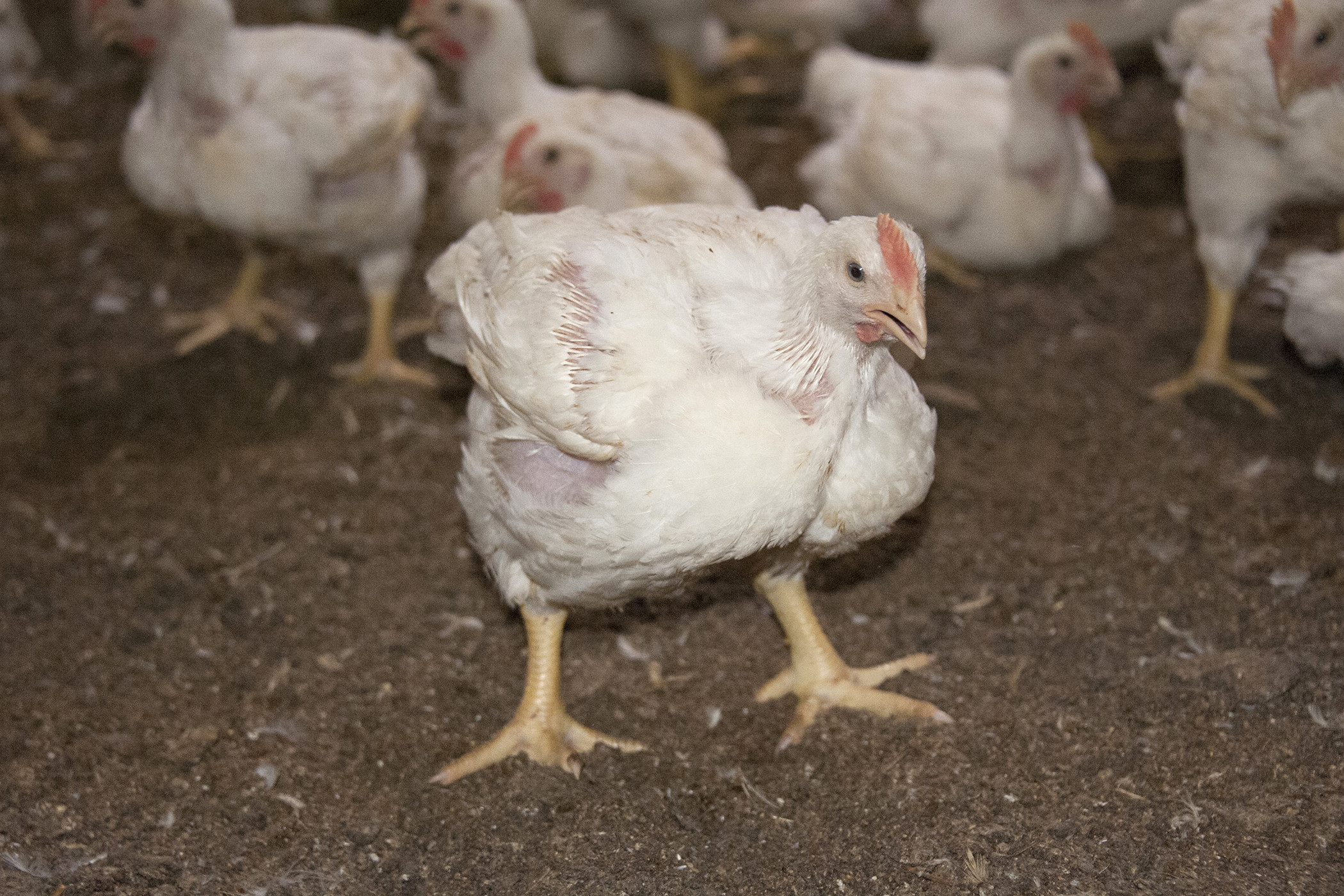Poultry disease research given a boost
 Photo: Kat Lawrence
Photo: Kat Lawrence The scientists will mainly focus on poultry diseases, building on past research. Recent breakthroughs at Pirbright include using new technologies that facilitate the development of a new-generation of genetically modified vaccines.
These are quicker and cheaper to produce and more crucially are capable of protecting against a variety of diseases – paving the way for universal vaccines against several different strains of virus such as avian influenza.
Last December, scientists at the Institute announced they had used genetic engineering to develop a more efficient and effective vaccine for Marek’s disease which could pave the way for a new generation of poultry disease vaccines.
Dr Bryan Charleston, interim director and chief executive officer of the Pirbright Institute said: “Our innovative new facilities will enable scientists to develop a greater understanding of virus-host interactions and how best to combat diseases using the latest technologies including the genetic modification of vaccines and viruses.
“Extensive investment by the Biotechnology and Biological Sciences Research Council (BBSRC) and the government in our infrastructure and the unique expertise of our scientists and staff well position the Institute to continue to deliver innovative world-leading science that provides economic and health benefits on a global scale,” he said.
Construction of the BBSRC National Vaccinology Centre is part of the £350m strategic capital investment from the government. Pirbright also provides a national surveillance and response capability to the UK for a range of high consequence livestock virus diseases and is home to the World Reference Laboratory for Foot-and-Mouth Disease and the UK/EU reference laboratory for blue tongue.
